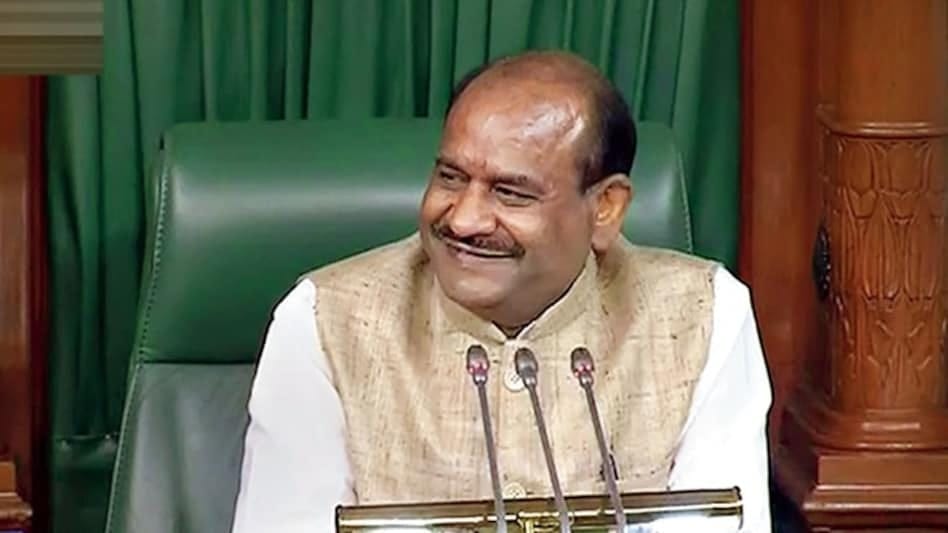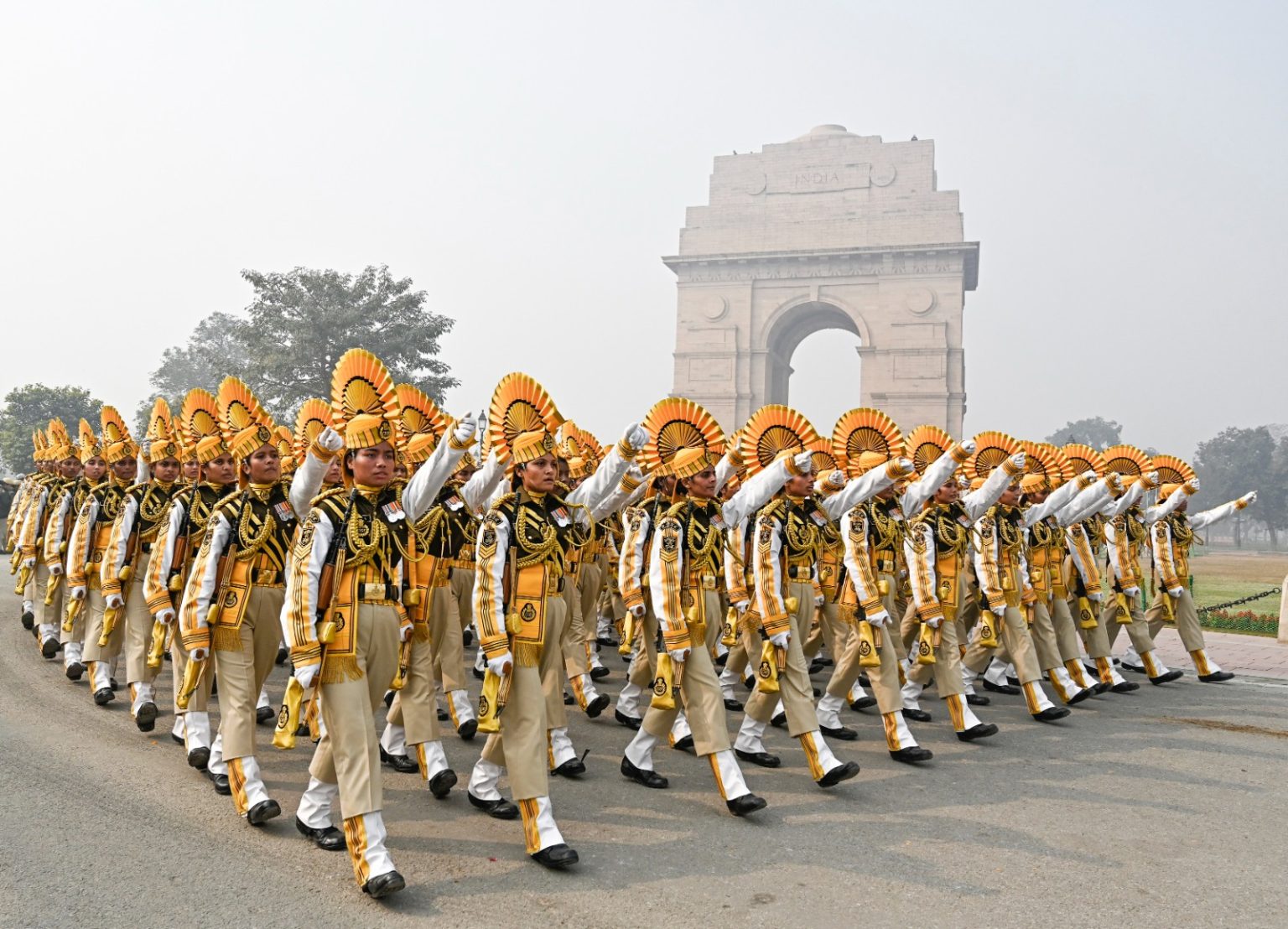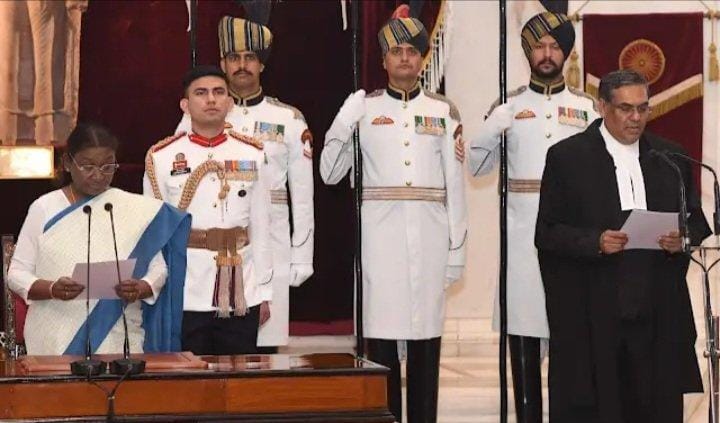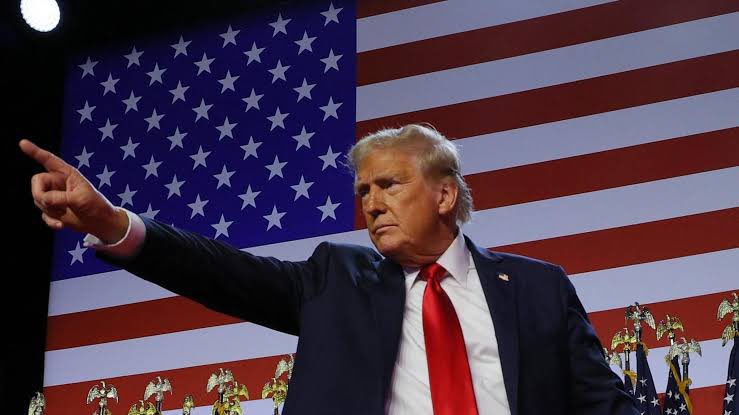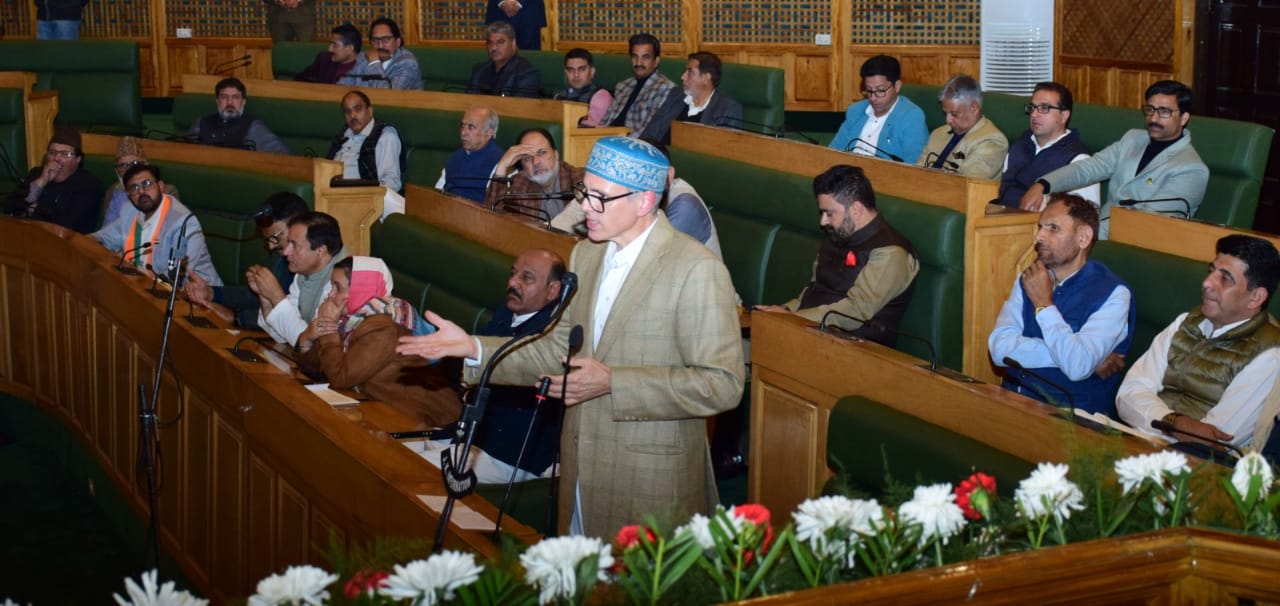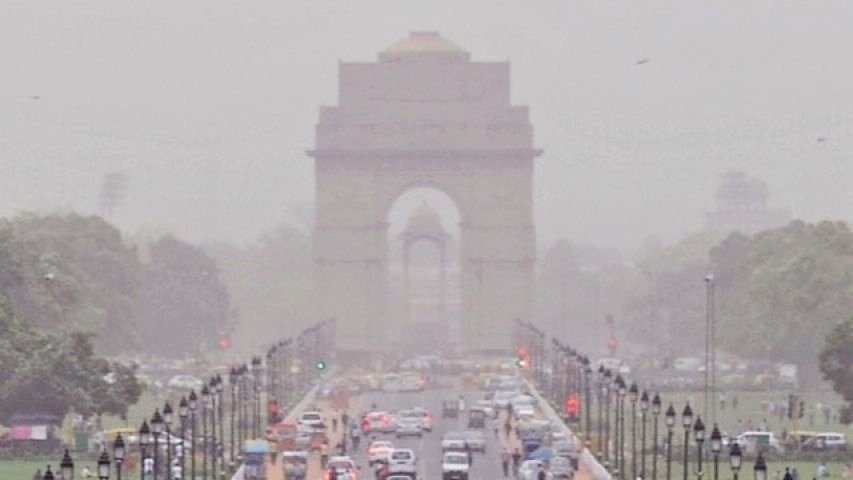BJP MP from Kota Om Birla won the election for the post of Speaker in the 18th Lok Sabha. He defeated Kodikunnil Suresh, the eight-time Congress MP from Kerala’s Mavelikara and became Speaker of the Lok Sabha for the second consecutive term. He was elected through a voice vote in the House.
Usually, the House appoints one of its members as Speaker through consensus. But this year, it was a rare incidence when the Speaker was elected through votes.
Key highlights
- Since the beginning, the Lok Sabha has witnessed 17 Speakers taking charge.
- Re-election of the Speaker happened for the sixth time. On the five occasions, it occurred for a consecutive second term.
About Lok Sabha Speaker
- Speaker is the presiding officer of the Lok Sabha, which is also called the Lower House of the Parliament. It is a constitutional post.
- Article 93 of the Constitution has provisions for the election of the Speaker and the Deputy Speaker. Members of the Lok Sabha elect them by a simple majority and the election is conducted under the supervision of pro tem Speaker.
- In general, an MP of the ruling faction is appointed as the Speaker and an MP of the opposition party is appointed as the Deputy Speaker.
- The Speaker holds office as long as the government runs (usually for 5 years) and till the time the newly elected Lok Sabha meets for the first time.
- The Speaker is eligible for re-election.
What’s the origin of the Speaker post?
- The Montague-Chelmsford Reforms or the Government of India Act 1919 introduced provisions for the President and the Deputy President posts.
- This nomenclature was later changed to the Speaker and the Deputy Speaker through the Government of India Act 1935.
About the powers and responsibilities of the Speaker
- Interpreter: The Speaker is the ultimate interpreter of the provisions of the Constitution, the Rules of Procedure and Conduct of Business of the Lok Sabha, and the parliamentary precedents in the Lower House. It means his/her rulings are binding in nature and members follow them.
- Presiding Officer of Joint Sessions: The Speaker presides over the joint sessions of Lok Sabha and Rajya Sabha. The joint sessions are called by the President to end deadlocks between the two houses on a bill.
- Maintaining Decorum: The Speaker can adjourn the house or suspend a session if at least one-tenth members of the House are not present.
- Casting Vote: The Speaker can cast his/her vote in case of a tie over a question. However, he/she cannot vote in the first instance.
- Money Bill: The Speaker has the power to make the final decision about a bill, whether it’s a money bill or not. Their decision is final.
- Disqualifying MPs: Under the provisions of the Tenth Schedule, the Speaker decides on the question of disqualification of a member of the House.
- Ex-officio Chairman of IPG: The Speaker is the ex-officio chairman of the Indian Parliamentary Group (IPG) which works with other parliaments across the globe.
- Constitution of Committees: The Speaker constitutes various committees of the House. He/she also observes the functioning of these committees.
- Protection of the Privileges of the House: The Speaker protects the rights and privileges of the House, its members, and committees as a custodian.

